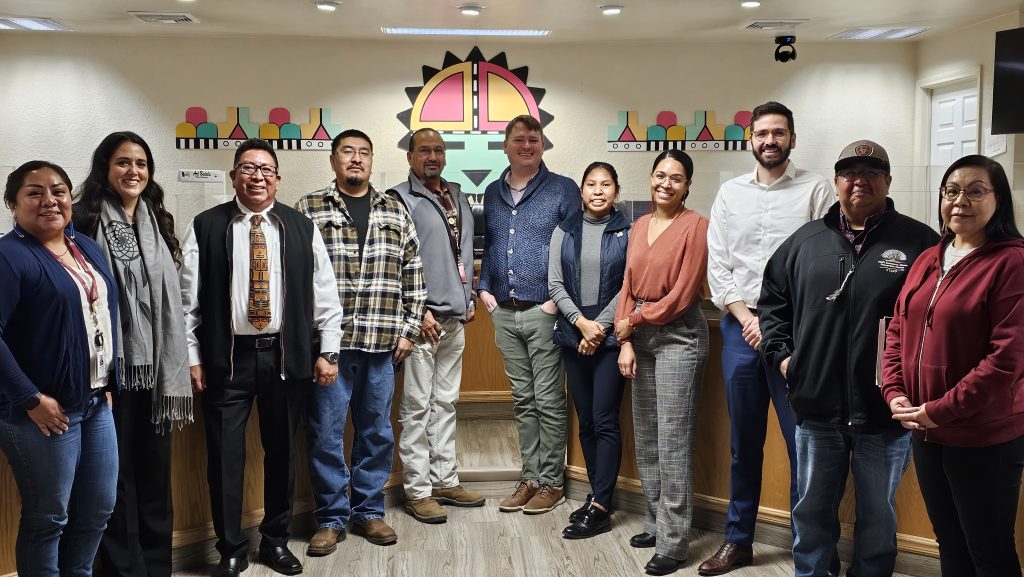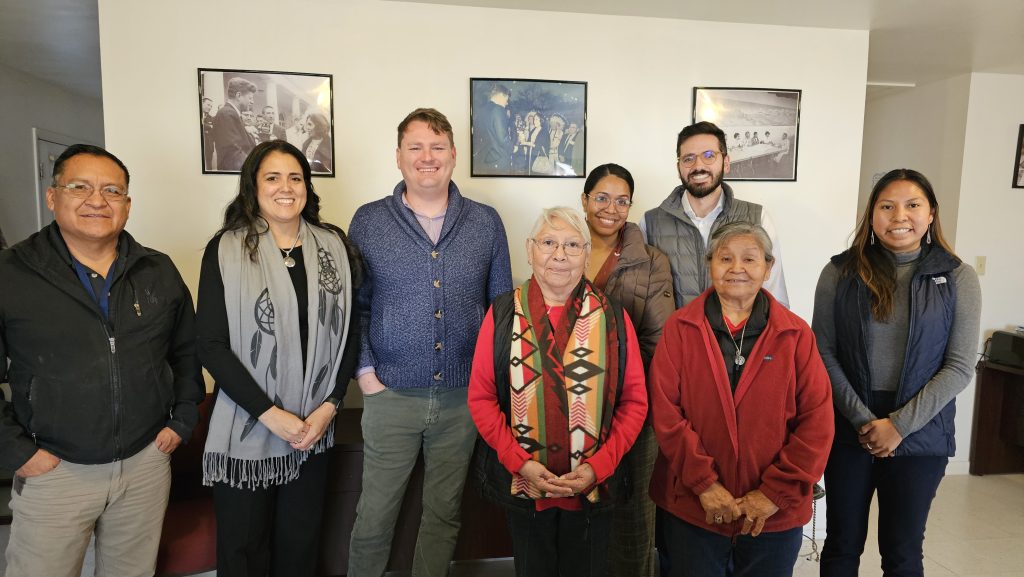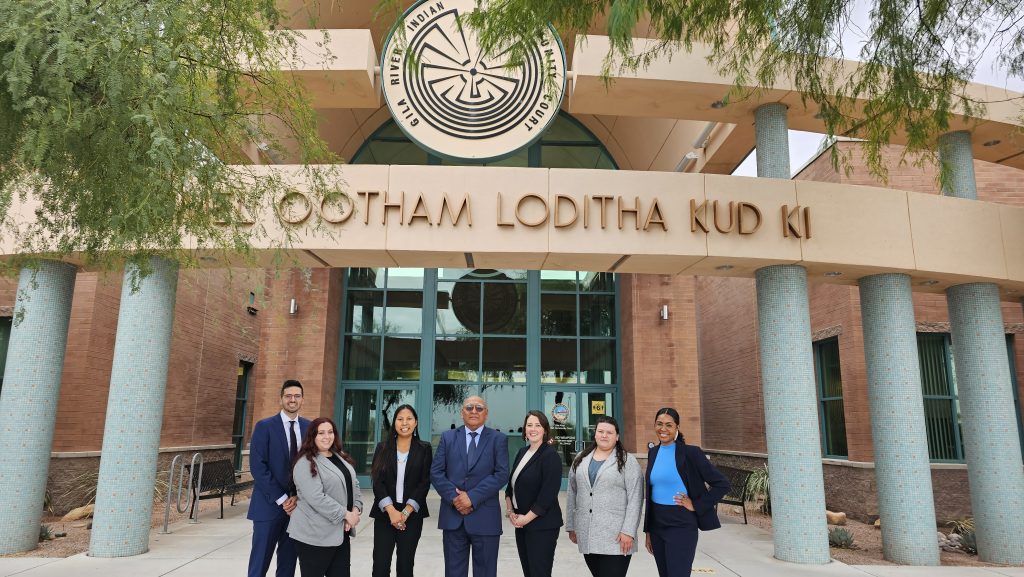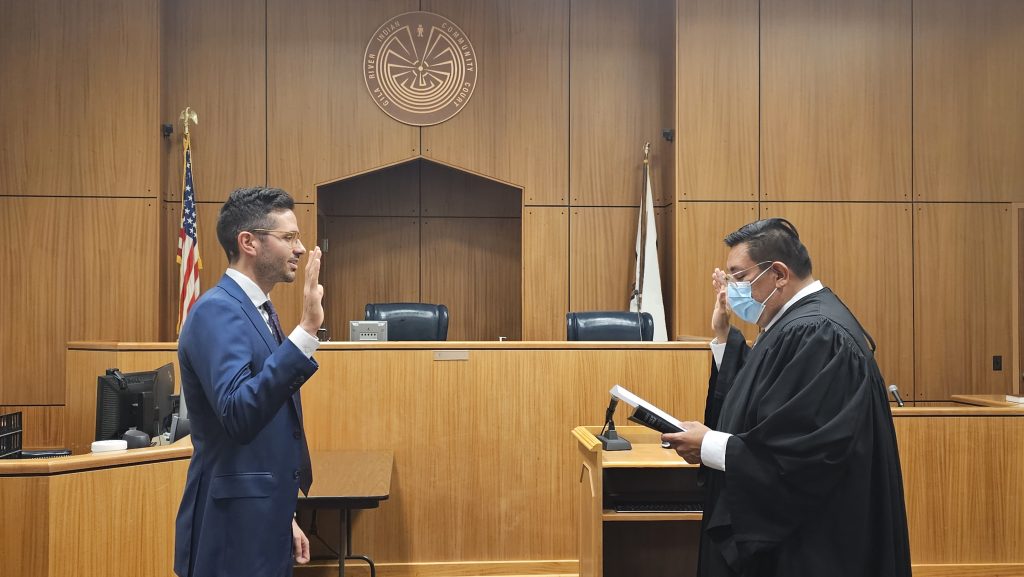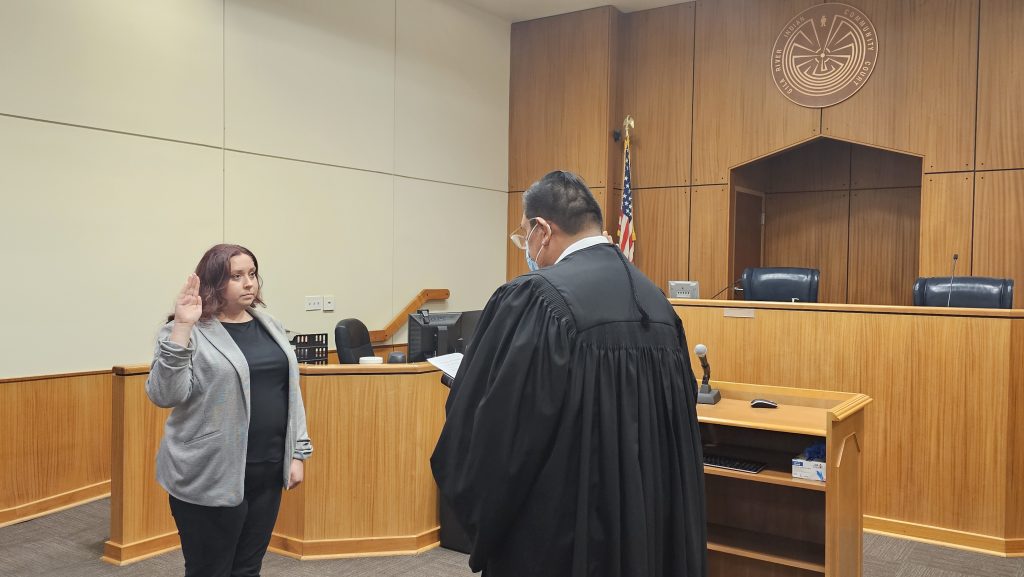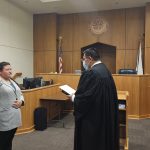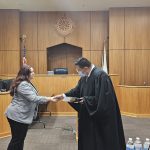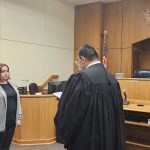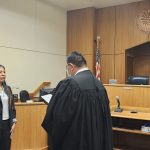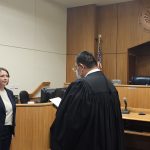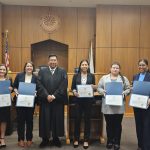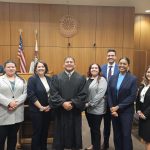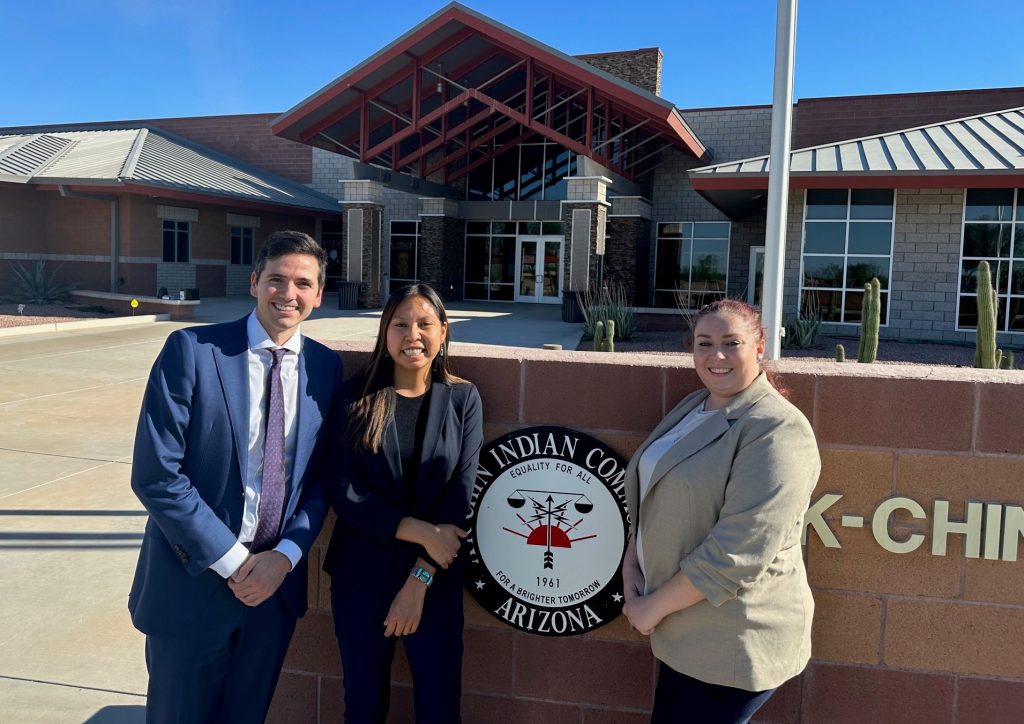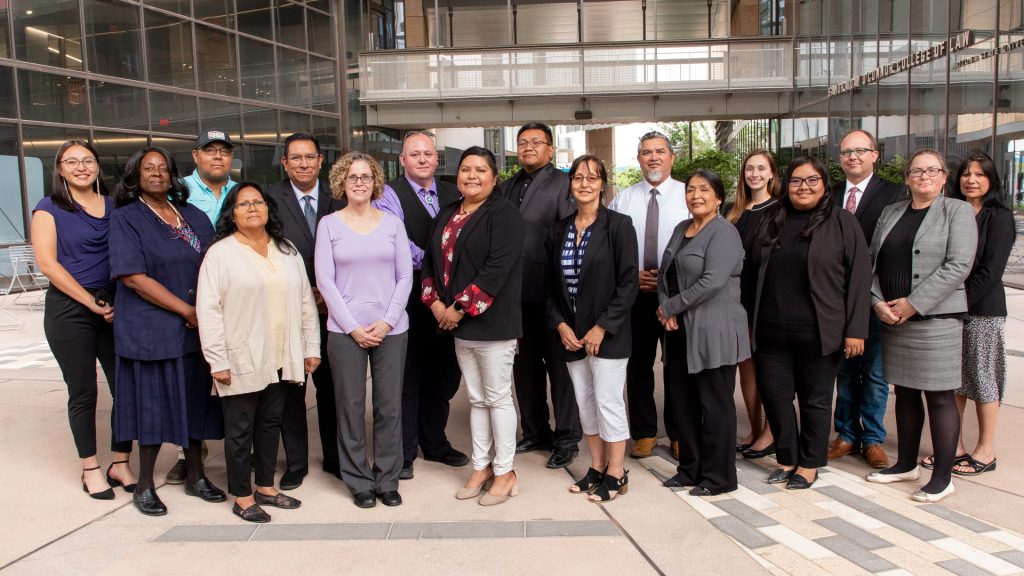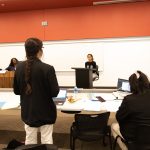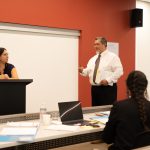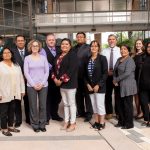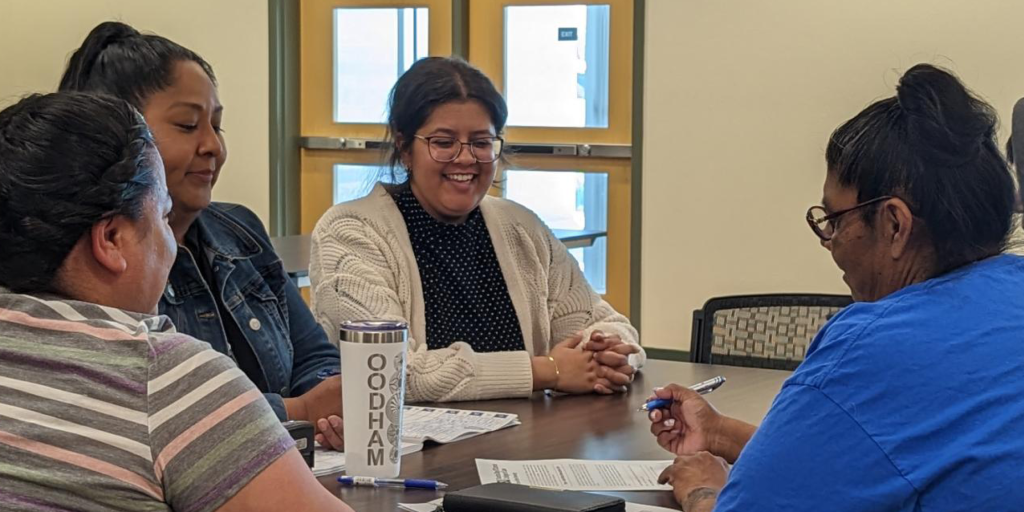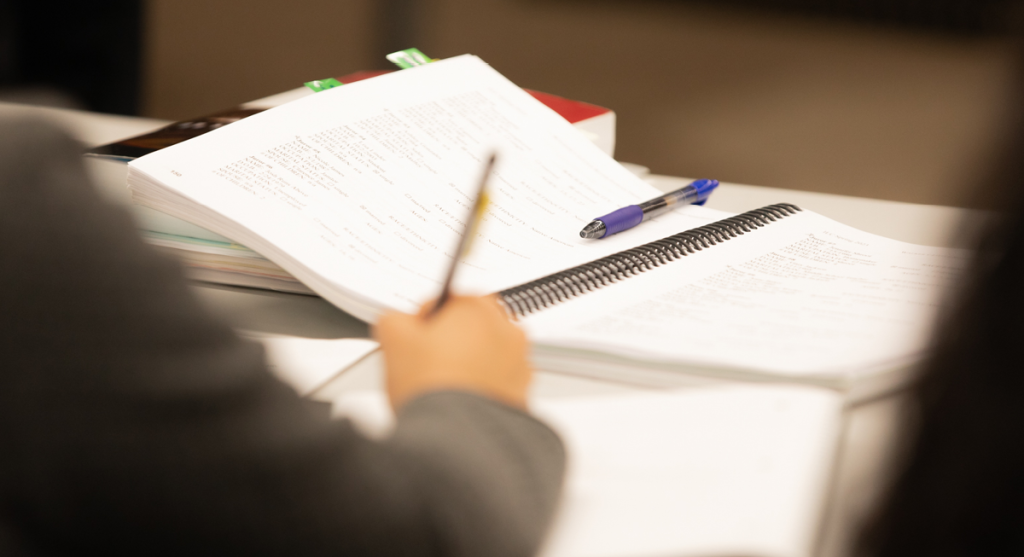FACTOR I: GENERAL DESCRIPTION OF WORK
This is a professional position for an entry level attorney with the primary responsibility, through specialized training and skill to represent the Confederated Salish and Kootenai Tribes and its governmental departments in the Tribal Court, alternative dispute resolution mechanisms and, when necessary, at public hearings. The position will independently present cases in the Tribal Court. The Incumbent shall, under the general direction of managing attorney, act as legal advisor and staff counselor to the Tribes for the Tribal Prosecutor’s Office with respect to the following matters which are not all inclusive:
- Act as Tribal Prosecutor in Criminal and civil matters as required.
- Act as counsel for the Tribes in Tribal Fish and Game cases;
- The attorney will compose legal materials, conduct legal research, and effectively communicate with legal professionals and other interested parties in criminal matters and Tribal Fish and Game matters arising from duties assigned;
- Represent Tribal interests routinely litigated in Tribal Court or Tribal Court alternative dispute resolution mechanisms;
- Attorney shall conduct communications and liaison with federal, state and local governmental agencies and with private corporations, firms, or individuals in carrying out an authorized assignment, in conformity with practices necessary to property, conduct legal business, and to testify on behalf of the Tribes at such public hearings as may be deemed necessary to perform the duties assigned;
- The Attorney will be expected to act as Tribal Prosecutor for and on behalf of the Tribes in Tribal Court proceedings, but may be required to appear as such before other courts, tribunals, departments, agencies and committees of Congress and the State legislatures as requested by Council;
- Attorney shall provide technical assistance to Tribal Law and Order with regards to state, federal and local policies and regulations and the Tribal Law and Order Code;
- Attorney must have working knowledge and competency with case management software (Advologix strongly preferred);
- Perform all legal assignments designated by the Managing Attorney and/or Tribal Council.
o A primary responsibility of the position will be reviewing reports and drafting complaints
FACTOR II: DIRECTION RECEIVED
The position is under the general supervision of the Managing Attorney. The position uses experienced judgment and discretion to prioritize assignments and determines the best method to accomplish work within the deadlines established by the Prosecutors Office, the CSKT Laws Codified, Federal Law and Montana Code Annotated. In addition, the position performs work as instructed and seeks guidance from the supervisor as needed.
FACTOR III: SUPERVISION EXERCISED
None.
FACTOR IV: WORKING RELATIONSHIPS
This position interacts with various members of the judiciary, representing the Confederated Salish and Kootenai Tribes in Tribal Court matters and with internal and external defense attorneys and the Tribal Membership. The position persuades, defends, discusses and justifies decision before and from the Court. Decisions based on the work of the incumbent may impact or have potential impact on the Tribal government. The incumbent is authorized to conduct communications and liaisons with federal, state and local government agencies, and with private corporations, firms, or individuals in carry out authorized assignments, in conformity with practices necessary to properly conduct legal business, and to testify on behalf of the Tribes at such public hearings as may be deemed necessary to perform the duties assigned. The incumbents acts as an official representative of the Confederated Salish and Kootenai Tribes.
FACTOR V: WORKING CONDITIONS
Exposure to office and Court environments with normal effort required.
FACTOR VI: QUALIFICATION REQUIREMENTS
Training: This position requires specialized knowledge acquired through intensive academic preparation at college level and/or legal educational institution. Must be a graduate of an ABA approved law school with a juris doctor or equivalent degree and admitted to practice law in the State of Montana or must be admitted to practice law in the State of Montana within six months of hiring.
Knowledge: Must have knowledge of general legal principles, criminal law and procedures, court procedures, law enforcement procedures, Federal law, Tribal Court and Indian law. Must have knowledge of the social and cultural lifestyles of the reservation community; knowledge of legal research methods, knowledge of basic legal writing and document preparation. Knowledge and working experience with word processing and related computer programs such as Word, Microsoft Outlook, Microsoft Office, LexisNexis and Practice Panther or similar case management software.
Skills: Must have strong communication skills and ability to effectively communicate with and make arguments and presentations before the Tribal Court forum. Must have the ability to compose legal materials, conduct legal research, and have effective interview techniques. Must have the ability to present cases in the Tribal Court form independently.
Abilities: Applicant must have no criminal convictions other than minor traffic infractions for which the punishment does not include the possibility of a jail sentence. The successful applicant, if not already employed by the Tribes must pass a pre-hire drug test and serve a mandatory six (6) months probationary period.
